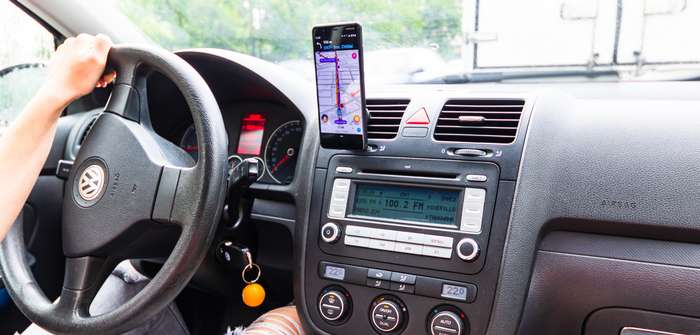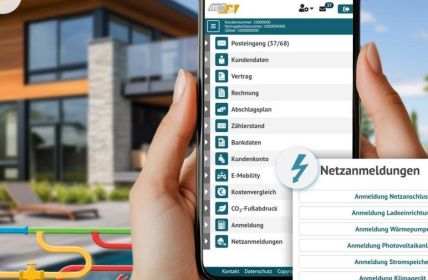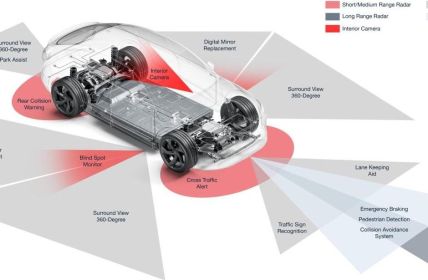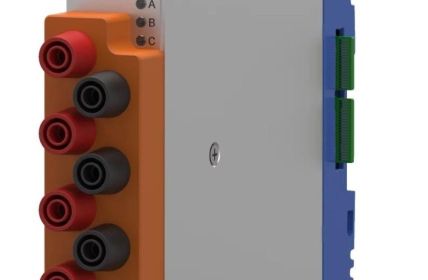Waze, a subsidiary of the Google Group, has announced its intention to network even more intensively with customers and authorities in the future than before. This is intended to further improve the information quality of the data obtained against traffic jams.
Table of Contents: What awaits you in this article
Waze: Making better use of traffic with IoT
Waze Mobile, an Israeli satellite navigation software company developed a GPS app in 2006 that allows its users to not only receive data on traffic volumes, but also add to it. For example, users of the free app can enter short-term events into the system via their devices. But information from government agencies can also be included here. This information is then updated in the shortest possible time and made available to all users in the vicinity. The application generates revenue through advertising for its 140 million users per month.
Customers and authorities for better traffic
The navigation app can not only record reports of collisions or clusters of vehicles in certain areas. It also reports objects lying on roadways, flooding or road closures. A mutual exchange of information about available gasoline supplies in a crisis also succeeded some time ago.
Interfaces to authorities also provide timely information about upcoming construction projects or events. According to the latest research and information from emergency services, Waze is even cited as a significantly faster source of information than conventional forms of notification in the event of accidents involving personal injury.
Users and institutions help each other
A newer application called Waze City takes networking a step further. It provides anonymized data from road users to authorities to alert them in a timely manner about grievances. This allows institutions to learn more quickly where supply bottlenecks or regular system crashes, for example, of traffic lights, are occurring and take appropriate countermeasures.
Possible protests that could have an impact on the development of congestion will also be publicized more quickly. In the future, the occupancy of inner-city parking spaces is also to be included in the app.
Unclear data exchange with Google
In 2013, the company was already taken over by Google, but continues to exist in parallel with Google Maps. This is actually an unusual process. Tech giants tend to incorporate technologies from smaller companies they once acquired and then shut down the former competition. So far, that hasn’t happened with Waze.
Company spokespeople explain this with features that the parent company doesn’t offer in this form and the interactive nature of the app. For example, Google Maps actually only manages static locations, while Waze focuses entirely on flowing traffic in real time. But the fact is that there is a lively exchange of data between parent company and subsidiary.
So information about customers that accumulates when they use Maze ultimately ends up at Google. The makers of Waze have remained silent about the extent of this exchange and its benefits, even in response to increased inquiries.














